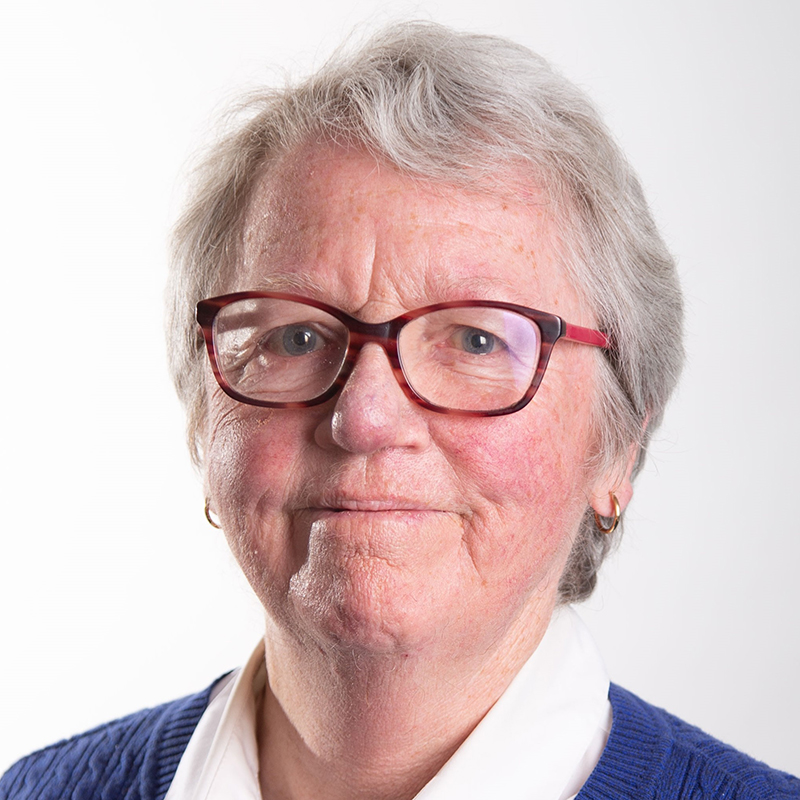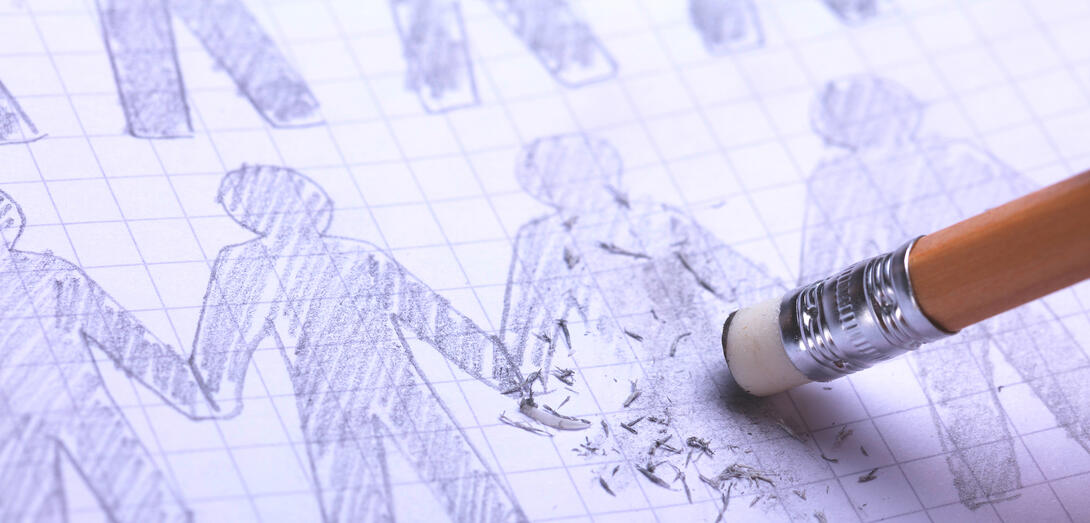This spring, I have been teaching a course on Canadian democracy. The goal was to look at Canada through a democratic lens within the context of a world where, according to every index and study, the number of democracies is declining and even well-established ones are in trouble.
These trends have spawned a decade of research by political scientists and historians on how and why democracies decay. Calling the phenomenon “democratic backsliding”, these studies have titles like “How Democracies Die” and “Democracy Erodes from Above.”
They chronicle the ways in which, despite elections, power and authority is increasingly concentrated in an executive that gradually becomes unaccountable. The most common path to this scholars call “executive aggrandizement.”
In the context of populism and political polarization, a group – often with a strong leader – claims they embody the political will of “the people” (us) and thus they must target those who threaten or thwart that will through strong, unchecked authority. The target (them) is often “the elite,” the “establishment” and their experts or allies. In some cases, migrants, religious or ethnic minorities may be targeted.
The methods of consolidating power in the hands of the executive are so consistent that many scholars provide a checklist of measures used to undermine institutions that check or limit their power.
These include manipulating or undermining confidence in election processes, marginalizing or weakening elected legislatures, eroding the independence of courts and the rule of law, the strategic use of sham referendums to legitimize actions, weakening or disbanding any independent institutions that provide a check on executive power, and silencing or discrediting civil society groups as either foreign agents or allies of the establishment. This backsliding is often complex and incremental, a sort of slow drip, drip.
Unfortunately, the class saw evidence that Canada, especially at the provincial level, is seeing democratic backsliding in Quebec, Ontario and Alberta. In the case of Alberta, it began with the UCP government of Jason Kenney and the rhetoric around the conspiracy to strangle the Alberta fossil-fuel-based economy by a number of environmental groups who were foreign-funded agents in cahoots with the Trudeau government in Ottawa. The drip, drip became a torrent, however, under the current UCP government of Danielle Smith.
In the past two years, we have seen a plethora of bills designed to achieve “executive aggrandizement” beginning with the initial draft of Bill 1, the Alberta Sovereignty within a United Canada Act. Despite the Orwellian name, the act would protect Alberta from federal laws and policies that are deemed to be unconstitutional or harmful to Albertans or economic prosperity by requiring municipalities, school boards and police to not enforce federal laws.
In the context of populism and political polarization, a group ... claims they embody the political will of “the people” ... and thus they must target those who threaten or thwart that will through strong, unchecked authority.
On second reading in December 2022, only after there was an outcry on the part of the Opposition, many legal experts and the public, did the government propose an amendment to remove provisions in the bill that would have granted the cabinet unilateral powers to change laws or enact measures without going to the legislature. The premier announced the changes, claiming the bill was “never supposed to give cabinet such sweeping authority.” Really? Was this a mistake or a testing of the waters?
Recently, the government has introduced two more bills that raise the spectre of more democratic backsliding. In April, the government tabled Bill 18, which would require municipalities, universities, school boards and other provincial entities to receive approval from the province before signing an agreement with the federal government.
It was designed to limit their autonomy. The bill included research grants awarded to academics by independent research councils (though their funding is federal) through a peer-reviewed process. The intent is to vet such research according to the UCP’s conservative ideology.
Not only is it a clear, intended violation of academic freedom — and possibly free speech — it will destroy research at Alberta universities. The response from the presidents of the two largest universities has been tepid at best, seeking further talks and pleading the case to be exempted. Student and faculty associations have taken a much stronger stand in demanding the bill be withdrawn.
Democratic backsliding, however, is at its most blatant in Bill 20, which gives the cabinet more discretion to remove elected municipal councillors from office, and forcing councils to repeal bylaws the province objects to. It also institutes a pilot project in Edmonton and Calgary to enable parties to run in elections, which many see as a stalking horse for Take Back Alberta.
The bill also raises suspicion and conspiracy theories by banning the electronic tabulation of votes. It adds a smidge of voter suppression to boot by ending vouching. Edmonton city council unanimously, and quite rightly, called it an attack on democracy.
Finally, the recent refusal to renew the contract of the ethics commissioner in revenge for her finding the premier in violation of conflict-of-interest laws and acting to interfere with justice in a way that posed “a threat to democracy” and replacing her — after an hour of debate — with a partisan former UCP candidate and donor is classic executive aggrandizement strategy.
While many of my students felt dismay in seeing the playbook of democratic backsliding laid out before them, I encouraged them and all of us to use our civil liberties — while we still have them — to vote, speak out, organize, protest and convey loudly to the government our opposition to these anti-democratic measures.
Such actions stopped the gratuitous use of the notwithstanding clause to strip teachers of their bargaining rights in Ontario. We must also try to find those pockets of groups within the UCP who still believe in democracy and urge them to challenge democratic backsliding within their party under its current leadership. ❚
Elizabeth Smythe is professor emerita, Concordia University of Edmonton.

Special to the ATA News


